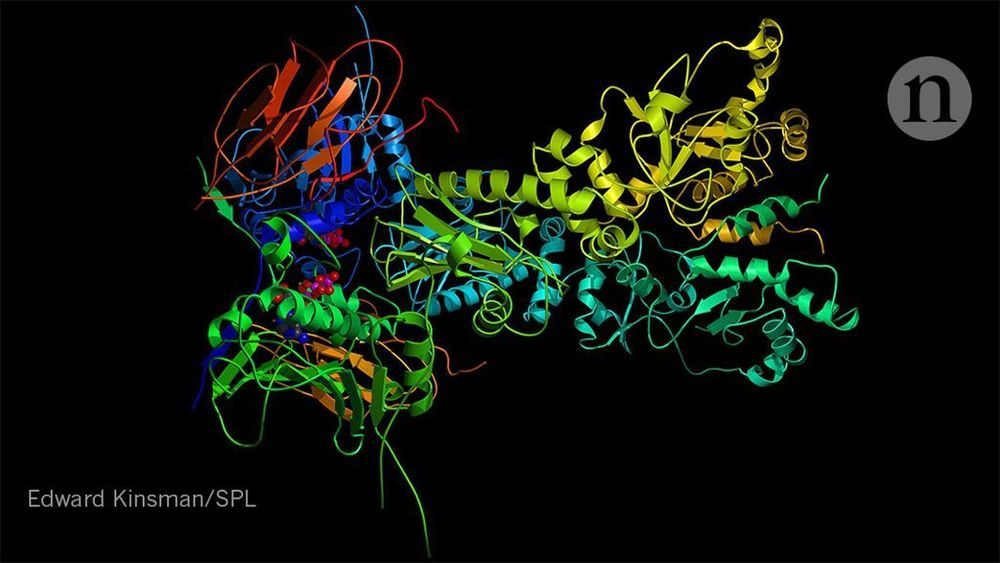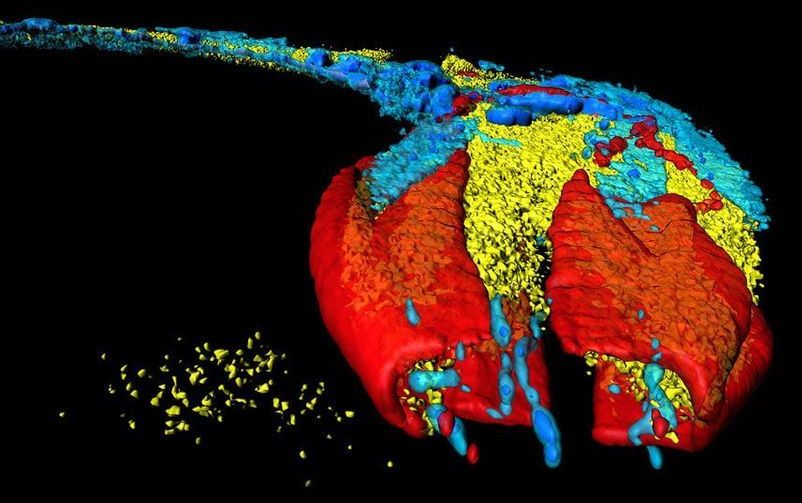More broadly, biologists are wondering how else deep learning — the AI technique used by both approaches — might be applied to the prediction of protein arrangements, which ultimately dictate a protein’s function. These approaches are cheaper and faster than existing lab techniques such as X-ray crystallography, and the knowledge could help researchers to better understand diseases and design drugs. “There’s a lot of excitement about where things might go now,” says John Moult, a biologist at the University of Maryland in College Park and the founder of the biennial competition, called Critical Assessment of protein Structure Prediction (CASP), where teams are challenged to design computer programs that predict protein structures from sequences.
Deep learning makes its mark on protein-structure prediction.







